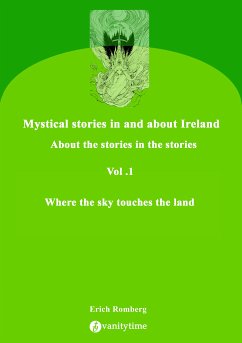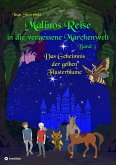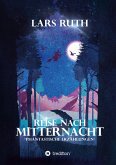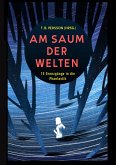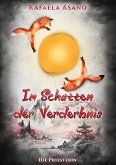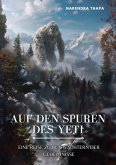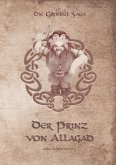The author lived in Ireland for about ten years in the 90s of the last millennium. During this time, the stories of the planned book series were written down. These stories mix fact and fiction. It is about the traditional storytelling of the old days in Ireland. The idea came to him at a storytelling festival in the small western Irish town of Kiltimagh, which he attended for the first time. However, he got his inspiration from the stories told by the people around the crackling peat fires, which conjured up a mystical atmosphere to accompany the stories. In this first volume of the planned series, there are three frame stories into which these tales are incorporated. It is about self-awareness and love, prejudice and courage as well as death and how to deal with it. Above all, however, it is about storytelling itself: The first story in this volume takes place in one of my two favourite pubs, Lil's Bar, by a crackling peat fire. Where else? As the only guest at that time of day, he is allowed to write a story at the regulars' table. The title story is born. It is about a strange encounter with an old man who expresses an equally strange wish. The attentive reader will not fail to notice that the narrator encounters himself. By the time he has finished the story, the pub has filled up with guests and the regulars invite him to stay at the pub to tell the story he has written down. Afterwards, the men at the regulars' table discuss the story and quickly guess its meaning. As they liked the story, they ask the storyteller if he can tell more stories. *** The firebird the next story. It is a mythology of being. What happens when the evolutionary model "Homo Sapiens" fails. *** The third tells of the nomad girl Saóirse, who has just turned sixteen. At the start of a storytelling festival at the weekend, she is allowed to gain unaccompanied experience in the small town of Kiltimagh for the first time. It is a time full of stories and Saóirse learns about love. Watching over all of this is the wise old Méabh, who advises the girl to listen only to the call of her heart. This is not so easy, but as a result she ends up making a difficult and painful decision. *** In the third story, an overtired driver is travelling west towards Galway along the sometimes-narrow roads. As he is about to fall asleep, he leaves the road to rest. In the darkness, someone knocks on the rear window and asks for a lift in accent-free German. During the journey, he recognises a former best friend from his youth in the person who got on the train, and a journey back in time to a repressed past begins. *** Finally, the reader learns the story of a storyteller who has forgotten how to tell stories. Then the protagonist suddenly finds himself in the role of an executioner.
Dieser Download kann aus rechtlichen Gründen nur mit Rechnungsadresse in A, B, BG, CY, CZ, D, DK, EW, E, FIN, F, GR, HR, H, IRL, I, LT, L, LR, M, NL, PL, P, R, S, SLO, SK ausgeliefert werden.

